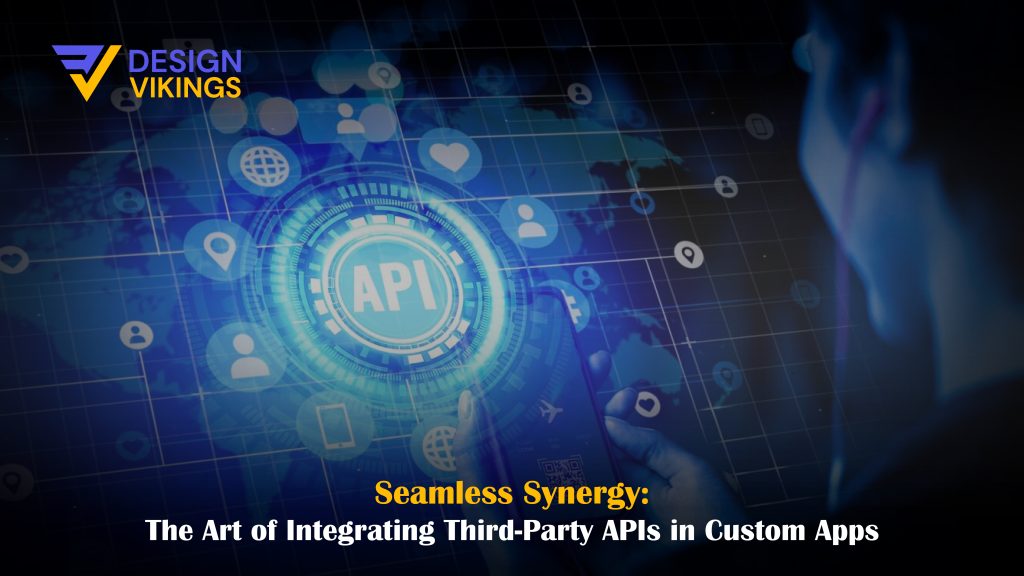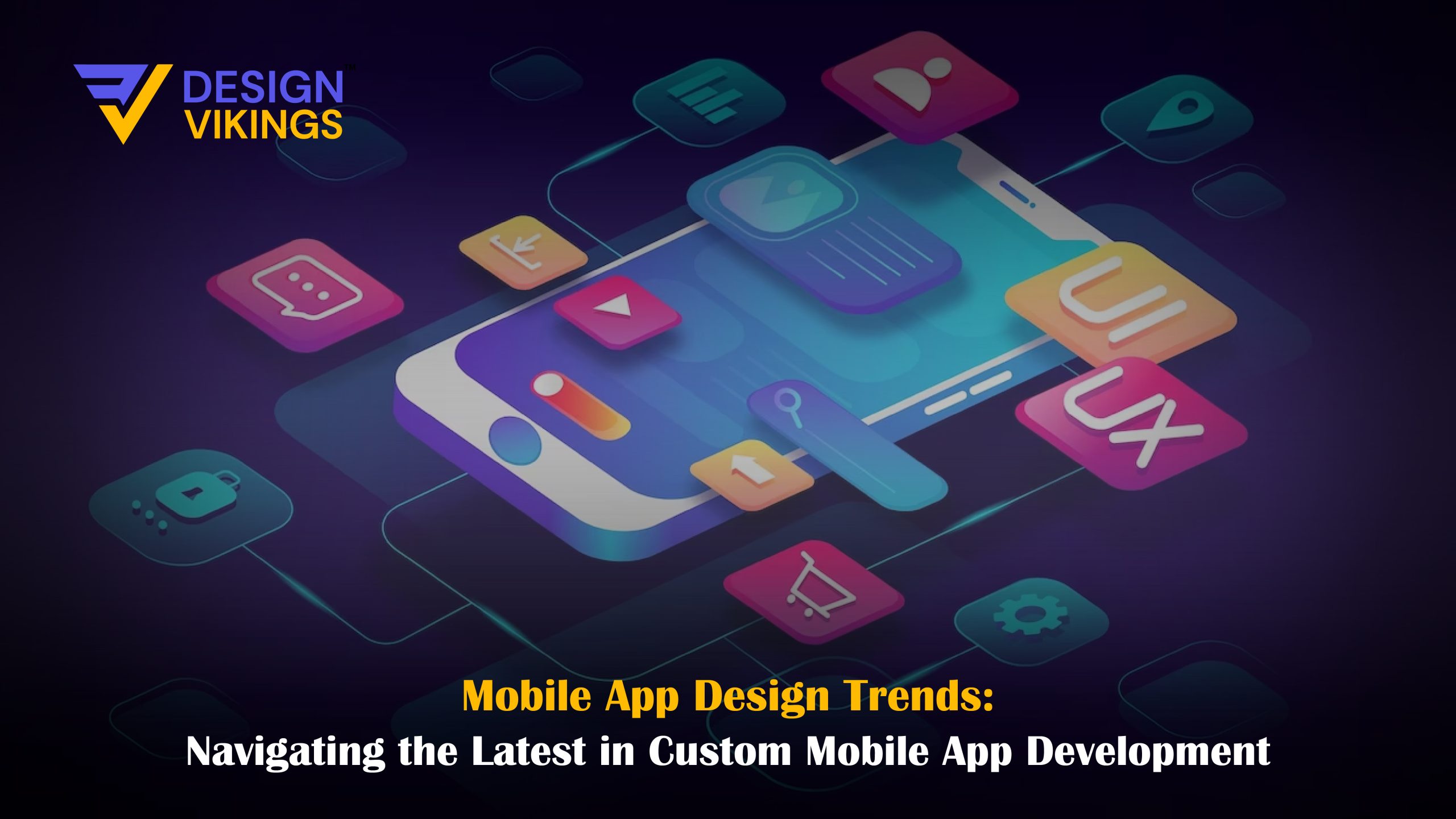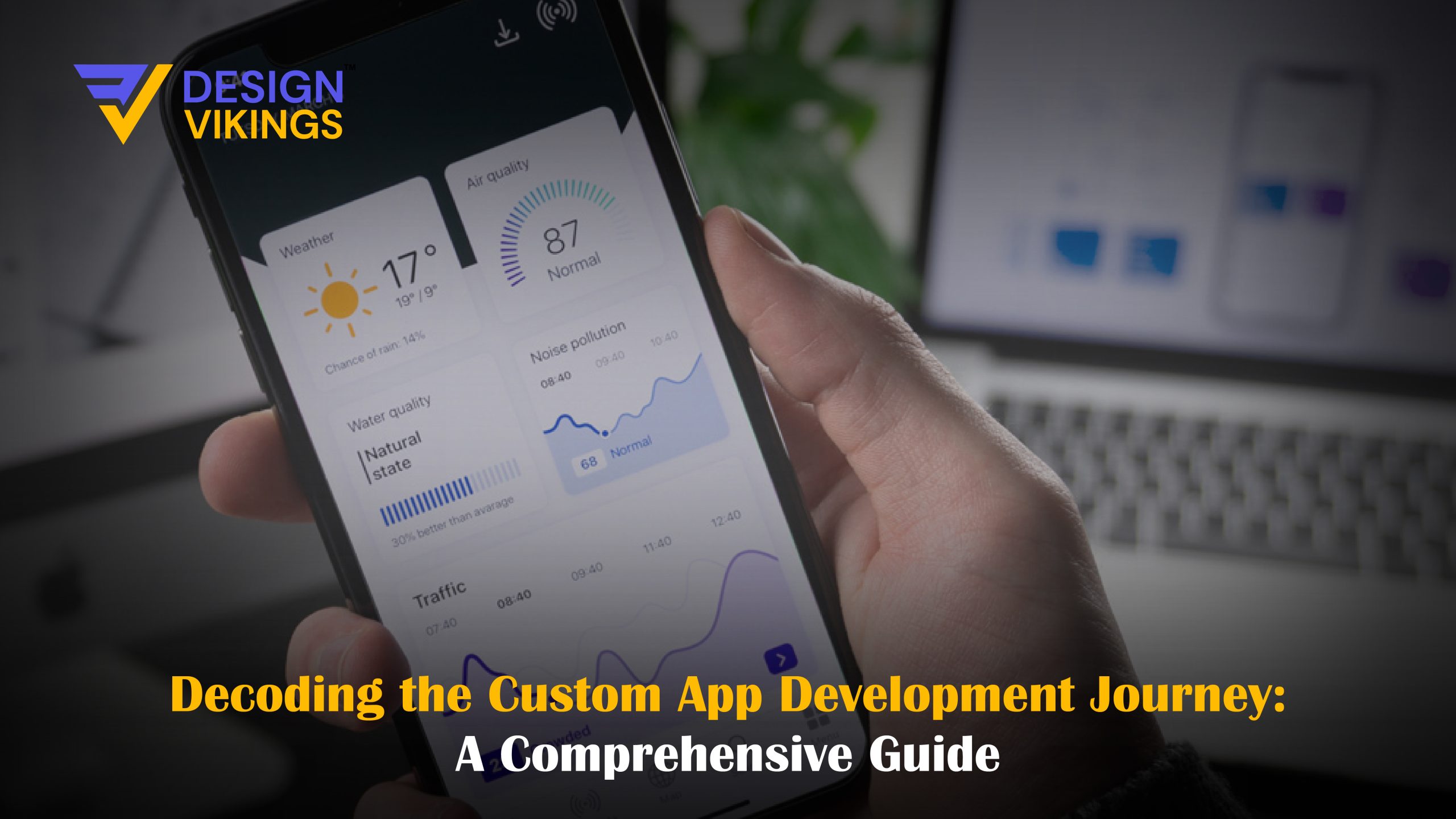The world of app design and development has gained significant attention since the development of smartphones. Businesses are competing for attention from customers by presenting new and innovative apps. The planning and resources that go into the mobile app development are higher demanding exquisite focus. Third-party applications have also gained eyeballs in the previous decade integrating with different apps to ease out functionalities while also enhancing and enriching user experience. The integration of APIs, particularly third-party APIs, has emerged as a game-changer in custom app development services.
It brings multiple opportunities and challenges to the custom app development scenario such as data access, app integration, and enriching functionality. The digital realm of mobile app development is still evolving and will continue in the future. Today, we discuss the integration of APIs in custom application development unveiling the advantages, and potential barriers confronted by developers in the app development process.
What is an API?
In the realm of custom app development services, Application Programming Interfaces (APIs) are rules and specs defining how software components communicate with each other and share data. APIs allow different elements within a software to synergize and interact with each other. APIs in the advanced software development landscape are a crucial element enabling developers to build advanced custom apps.
Third-Party APIs and Integration
Developing an API is a complex job and requires the time, effort and financial resources of the software development company. However, there are companies that specialize in API development providing APIs for public and partner use. For custom app developers, developing custom APIs from scratch will require extensive financial resources and time. Why opt for the option when you can achieve the same enhanced functionality feature at a much lower cost and ensure cross-platform compatibility? Third-party APIs have certain characteristics enabling enhanced functionality, cost efficiency, user experience, real-time data access and cross-platform compatibility. All in all, third-party APIs have been the center of attention for mobile app developers since it makes their work easy while fortifying user experience. Let’s take a look at the benefits and challenges of integrating third-party APIs into custom app development services.
Enhanced Functionality
Third-party APIs are used to integrate many software components including chat, access/authorization, payment gateways and geolocation platforms. Integrating these APIs enhances the functionality of your app. For example, chat integrations such as WhatsApp and Zendesk chat allow live chatting options within an app. Similarly, payment gateways such as PayPal and Stripe allow seamless transactions as compared to developing a brand new internal API which would be costly and resource-intensive. There are certain benefits and challenges which are as follows:
Benefits
Third-party APIs empower the apps to enhance the custom application’s functionality without starting from scratch. The APIs empower developers to add rich features to their applications without having to invest their time and effort into developing the feature by writing code and exhausting time. Adding payment gateways, social media integration and geolocation services, APIs offer a treasure of features. Similarly, leveraging the already available APIs reduces the development time and cost. Developers in this case focus on the app’s core functionalities integrating robust APIs for supplementary features.
Challenges
Although it brings heaps of benefits, integrating third-party API has a major challenge of dependency associated with it. Depending on external APIs relies on the stability and longevity of the external third-party services. In case the API is discontinued or overhauled completely, the functionality of integrated features might get disrupted. This will eventually impact the user face if they are uncertain of the user experience and might not use the mobile app in future. Hence, deciding on what APIs to use is a critical decision.
Enhanced User Experience
Integrating APIs provides a seamless and enhanced user experience. With various digital platforms and applications on the cards, the user experience is fortified using the APIs. Access to real-time updates, rich content and services from external applications, faster loading times, personalization, and efficient collaboration, enriches the user experience. With digital ecosystems evolving, the strategic use of APIs contributes to the creation of dynamic, feature-rich and user-centric applications.
Benefits
With familiar and user-friendly functionalities offered by third-party APIs, the user experience delivered is seamless. When using different apps, the customers don’t have to make themselves with new technology every now and then. Since third-party APIs are consistent across all applications and devices, the users are familiar resulting in an enjoyable and familiar experience. Secondly, a great benefit is that of scalability. Since the API is not internal, scaling the app will also lead to scalability in APIs as well. This will add new features and manage the increased user load with efficiency.
Challenges
Security and safety are the primary concerns when creating and developing custom mobile applications. Customers want full privacy and data security to trust the application. Third-party APIs might collect user data, which might compromise the privacy and safety of users. Developers are required to assess the custom app for vulnerabilities and loopholes. Ensuring data safety will definitely boost the brand image and more customers will be attracted to it.
Real-Time Data and Updates
Real-time data access enables custom mobile apps to access up-to-date information from all available external sources without any delay. With updates included, third-party APIs are aligned to integrate real-time data so by deploying third-party APIs, your app can gain real-time data access. For applications such as stock market information, products or services websites, third-party APIs enable timely retrieval of information to make rational decisions. The information is hence accurate and efficient for a decision to be made.
Benefits
As discussed above, the primary benefit of third-party APIs is the access to fresh data. This ensures that the data is up-to-date. Dynamic applications that require real-time data including news websites, weather updates and financial data are dependent upon it. Location tracking, social media feeds, live streaming, and live scorecard/sports data are also part of real-time data access. For seamless functionality, real-time data is crucial. Moreover, third-party APIs are in automatic synchronization with external databases and servers eliminating the need to manually update the app. The app’s maintenance streamlines with automated updates.
Challenges
Since the real-time data is linked with the third-party API servers, reliability can be a major issue. With downtime and delays faced in the external API, the app’s functionality might be affected and real-time updates can get delayed. This can create obstacles in user experience and hence, hinder the satisfaction and loyalty levels of customers.
Cross-Platform Compatibility
Third-party APIs, or APIs in general, are language-agnostic; they do not promote any specific language. This implies that APIs are coded for cross-platform compatibility, whereas software or applications are coded in specific languages. Though it is true, implementing API involves writing code to handle requests and responses in specific languages. A set of standards and conventions is employed to design APIs, facilitating communication between different software and components. This enables cross-platform compatibility across all devices so whether you are on iOS, Android or Windows, the experience is consistent.
Benefits
Third-party APIs support multiple platforms and offer solutions that are viable across all operating systems and devices. There are native apps and cross-platform apps that focus on different functionalities and features, targeting different audiences. However, third-party APIs are beneficial for both. Particularly, this is advantageous for applications that want to target a broad audience on different platforms and operating systems. Easy maintenance and updates are also easy because of language-agnostic development. Developers can make updates without any problems rolling out security patches and bug fixes in an instance.
Challenges
Although cross-platform compatibility brings a lot of advantages, the platform changes can be a challenge in third-party API implementation. Changes in the operating system or drastic updates can hinder the functionality of the app. The developers must stay one step ahead of platform updates to maintain ongoing support for the application. Testing complexity and security concerns are also major challenges in the cross-platform compatibility of third-party APIs.
Security and Safety
Security and safety in mobile app development in general are important considerations. Consumers are concerned about their data, particularly with financial, e-commerce and social media applications. Payment gateway and social media feed third-party APIs consider safety and security as the core components. With safety mechanisms and authentication methods, third-party APIs focus on improving the security and safety of applications. It can also safeguard from potential breaches so the customer data can remain safe and secure. High security neutralizes the threat of cyber-attacks and unauthorized access.
Benefits
Data protection, user privacy, prevention from unauthorized access, service continuity, industry compliance, secure DevOps practices, and security authentication mechanisms are some key benefits of security and safety in third-party API integration with custom mobile app development. Audit trails and monitoring are ongoing in third-party APIs to ensure that the app remains secure at all times. This enhances the trust and reputation of the external APIs thus, their usage increases and developers are likely to integrate these trustworthy APIs into their custom applications.
Challenges
Poorly secured APIs can lead to severe malicious attacks on the app compromising the user data and app’s security. With security vulnerabilities at the forefront, the challenges can be significant. API rate limiting, key management, security misconfigurations, lack of standardization and inadequate documentation are also among the shortcomings in untrusted APIs. Therefore, adequate documentation becomes a key remedy for software and application developers to check. In integrating third-party APIs, understanding and thoroughly reviewing the API documents by third parties is necessary. The developers need to have a rock-hard understanding of available endpoints, authentication procedures and request methods to overcome the challenges and only integrate trusted third-party APIs.
The Future of Custom App Development Services
The custom app development landscape has evolved drastically and the trend is likely to continue in future. The strategic integration of third-party APIs has been a game-changer in the industry. This shows the mobile app landscape’s flexibility adaptability and innovation. There are certain benefits of integrating third-party APIs into custom app development services including functionality, user experience, real-time data access, cross-platform compatibility, security and safety etc. However, the integration of third-party APIs is also accompanied by challenges. Dependency, reliability, compatibility and privacy concerns are among the top challenges faced with the integration of third-party APIs into custom applications.
As we move forward, the integration of APIs into the custom app development process will continue to play a legacy-defining role. Custom app developers with a sound understanding of the app’s requirements and third-party API integrations will be successful in providing rich, seamless experience and functionality to users. This will overall help in exceeding customer expectations in the modern digital landscape. If you are looking for custom app development services, make sure to integrate the relevant APIs for efficient resource utilization and cost-effectiveness. It might be the next big thing for your business.
Looking for custom app development services to take your business to the next level? Design Vikings can help you achieve the feat. Design Vikings is a team of skilled and experienced custom app designers and developers that have helped thousands of brands develop apps that define their business legacy. We have a sound understanding of API integrations and are well-versed in what works for you so you don’t have to worry. Contact us to redefine your business with our custom app development services at www.designvikings.com.au.







